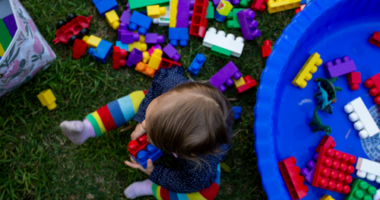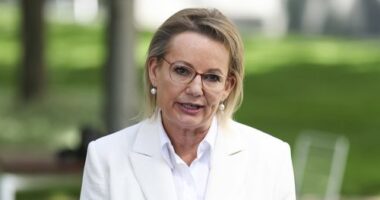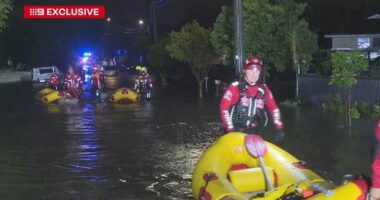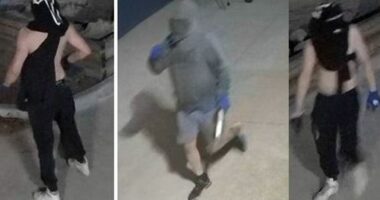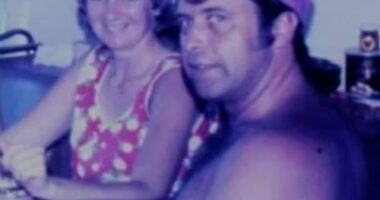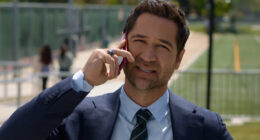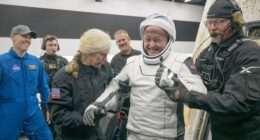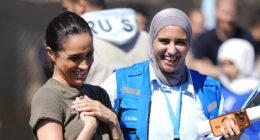Share this @internewscast.com
Key Points
- The educational achievements of Indigenous students have begun to catch up with those of non-Indigenous peers, although disparities still persist.
- Experts suggest that incorporating education initiatives rooted in First Nations traditions may enhance learning outcomes for students across the board.
- One Year 12 graduate credits reaching her educational goals to the support from teachers and a strong cultural connection fostered through her schooling.
“Policies like the early 20th-century exclusion on demand allowed non-Indigenous families to have Aboriginal children removed from schools.”
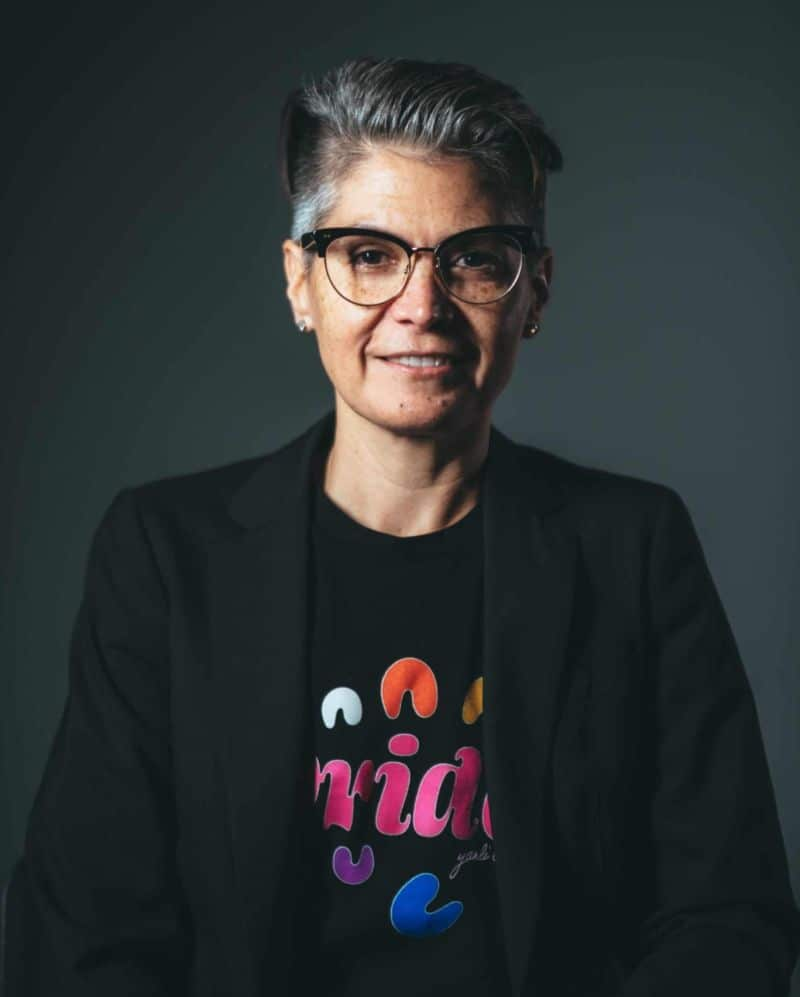
Sharon Davis, CEO of NATSIEC Source: Supplied / Sharon Davis
In 2008, the Australian government issued a formal apology to Indigenous Australians for the mistreatment they endured, particularly the forced removal of children from their families, communities, and Country.
“And where our people lead education, we see better engagement, better outcomes, and stronger pathways for our young people.”
Could cultural education be the way forward?
“The focus should be on integrating Indigenous children’s heritage with broader educational knowledge, preparing them to thrive in both realms.”
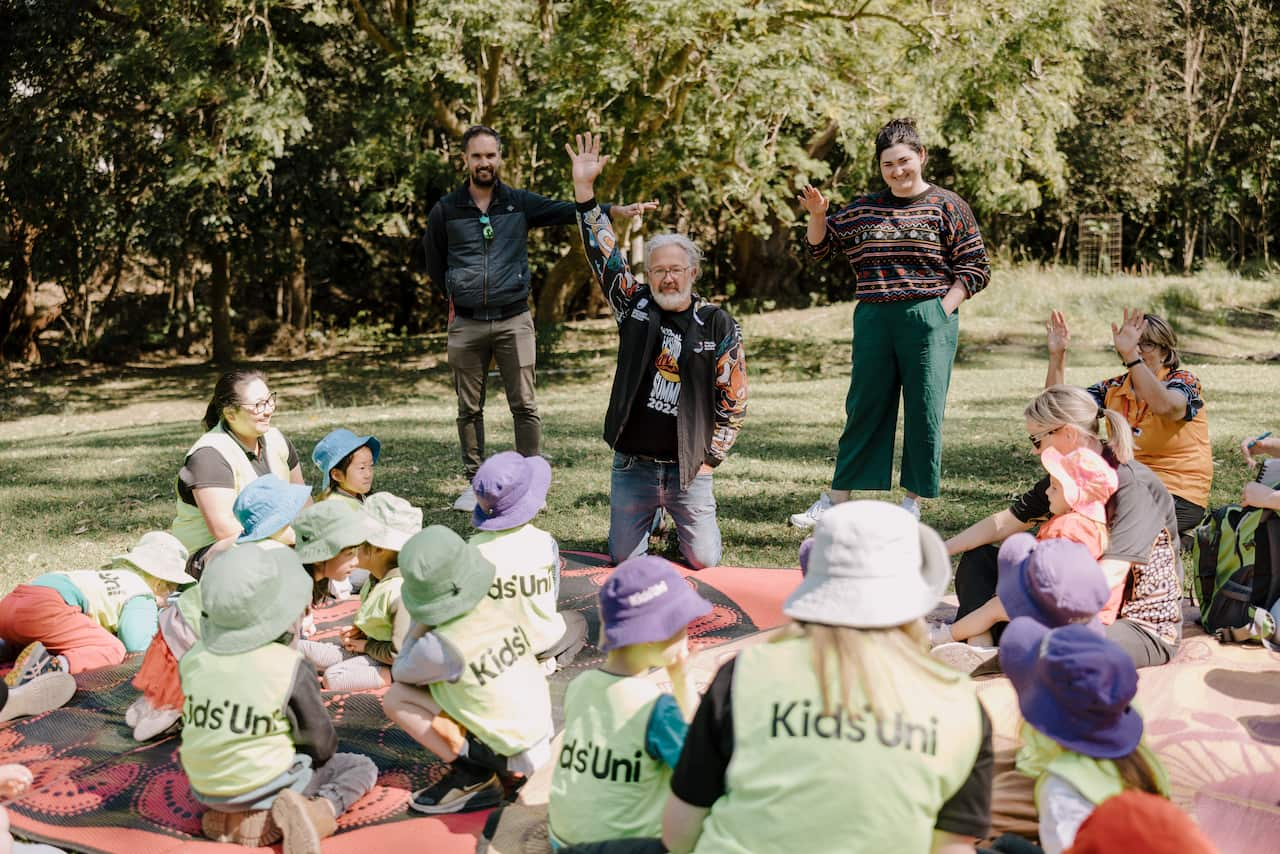
Dr. McKnight, who has dedicated years to integrating Aboriginal teaching methods into curricula, policies, and educational practices, adds insight into these efforts. Source: Supplied / MichaelDavidGray
Dr McKnight believes it’s important to popularise education practices that bring the Western education and Indigenous knowledge systems together for children to learn about the land they live on and how to care for it.
“Trying to look after not just Aboriginal children, but non-Aboriginal children in taking care of this place… It’s the entity that provides us with everything we need and we all walk the same land, drink the same water, breathe the same air.”
Equality of education outcomes—a roadmap in progress
“And when we see gaps in outcomes, that’s more a reflection of how education has failed to serve Aboriginal and Torres Strait Islander students and young people, learners, not the other way around.”
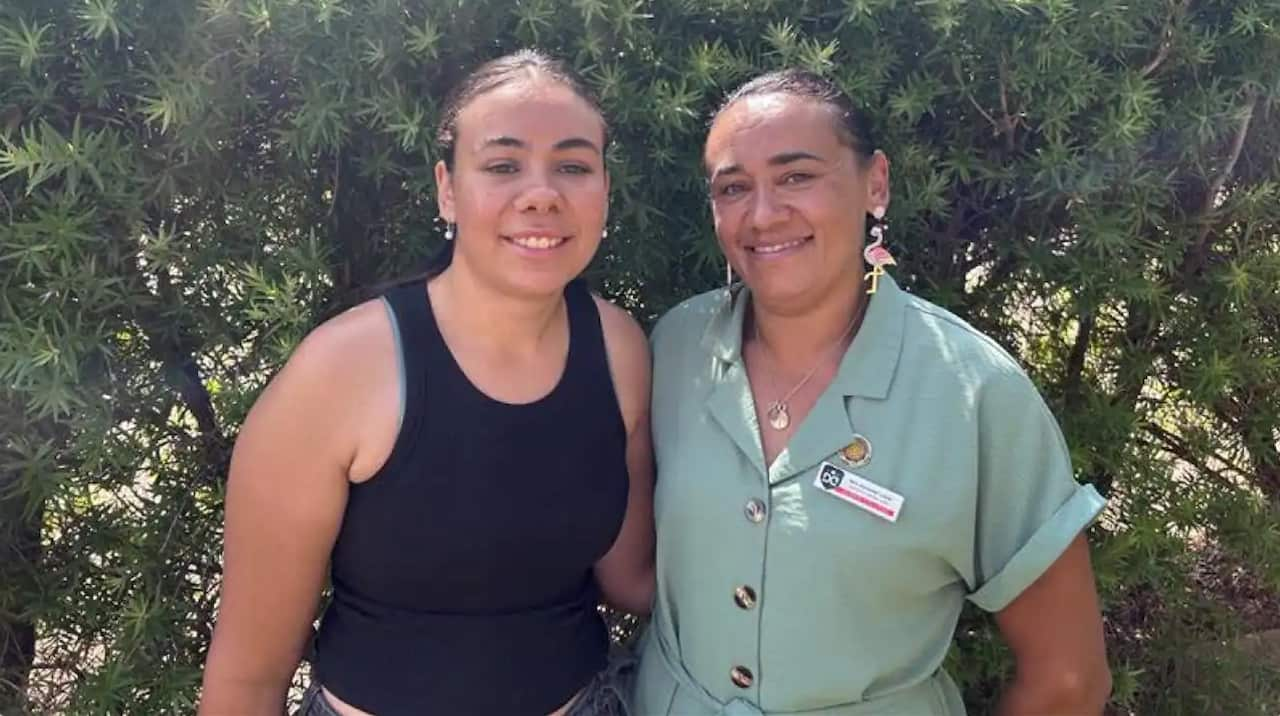
Retori Lane (L) with her mother, Jenadel Lane. Source: Supplied / Retori Lane
Last year, Gamilaroi young woman Retori Lane celebrated her HSC completion at Dubbo Senior College.
“Trying to get myself in a position to educate other Indigenous kids that have lost it through generations. So, hopefully help be part of the process to revive the culture, bring it back to life.”
Do you have any questions or topic ideas? Send us an email to australiaexplained@sbs.com.au.


